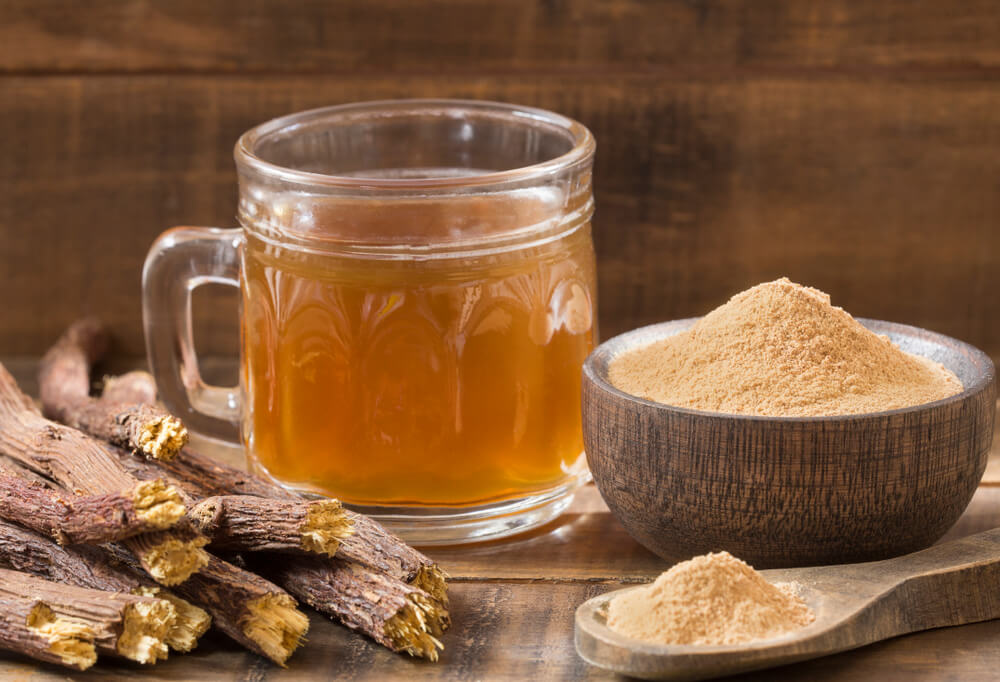
Licorice: a pressure builder or reliever?
A subscriber wrote to us asking:
“I’ve heard licorice is good for people who have digestive issues, including ulcers. I’ve also heard, however, that it can cause high blood pressure and kidney issues. Is this true and if so, is it safe for me to take? My blood pressure is on the high end of normal.”
Thank you for your question!
T
he herb commonly known as licorice root, scientific name Glycyrrhiza glabra, has a variety of historical and modern uses due to its anti-inflammatory effects
(side note: it is NOT typically used to make licorice candy in the USA).
Studies have reported positive effects on the respiratory system, especially with regards to coughing and inflammation, as well as ‘adaptogenic properties’ which lends to its ability to support the body to better deal with stress. Studies have also found it can help the body heal stomach ulcers.
As with any medicine, including herbs, dosage remains an important thing to consider when recommending it to individuals. Any herb can have side effects at too high of a dose and licorice has a lower recommended dose than some of the safer herbs such as chamomile or lemon balm. Each gram of licorice root has approximately 40 mg of glycyrrhizin (GL), the constituent that is known to cause the aforementioned negative effects, and the side effects of GL begin at doses of 100-400 mg.
For a person who has normal blood pressure, no issues with low potassium or diabetes and who isn’t pregnant or nursing, a dose of up to 2 grams per day is typically fine.
Someone with high blood pressure and/or kidney issues is encouraged to be much more cautious, and either choose a deglycyrrhizinated licorice (DGL) or start at 1 gram or less. If they are on any kind of diuretics (medications that increase urination), especially those in the categories of loop, thiazide or potassium-sparing, I only recommend DGL or avoiding this herb altogether.
Since your blood pressure is normal, but on the high end of normal, I recommend starting with no more than 1.5 grams (about 60 mg of GL) per day of regular licorice root (non-DGL) for 1 month and monitor blood pressure every 2 weeks.
While licorice does have these safety warnings attached to it, it’s a wonderful herb for a person who may need help dealing with stress (and who doesn’t?). It’s known to help support the adrenal glands, which release important hormones in response to the body’s needs. When stress is chronic, as it is for many people, the body may get overwhelmed and not function optimally. Digestion issues, including ulcers, are some of the ways this may manifest. At the right dose, licorice can be a great ally in the body’s fight against stress.
Best wishes,
Amani

